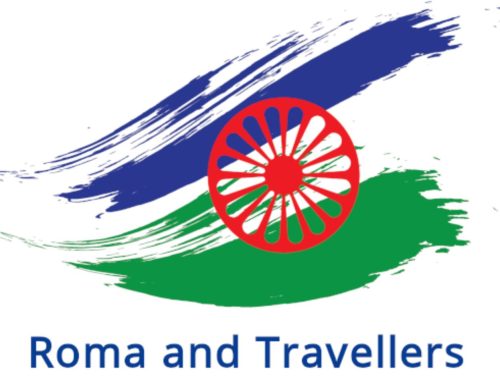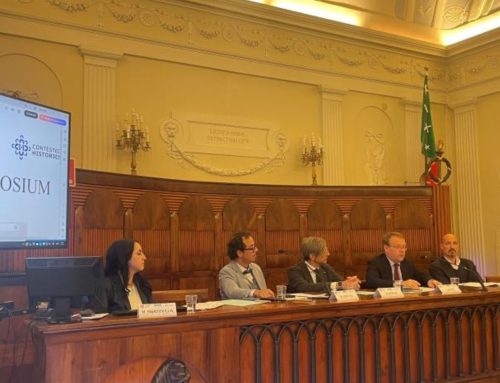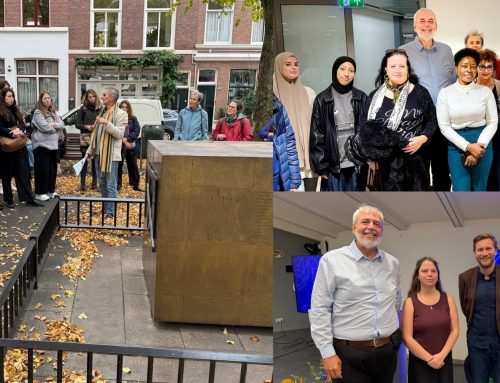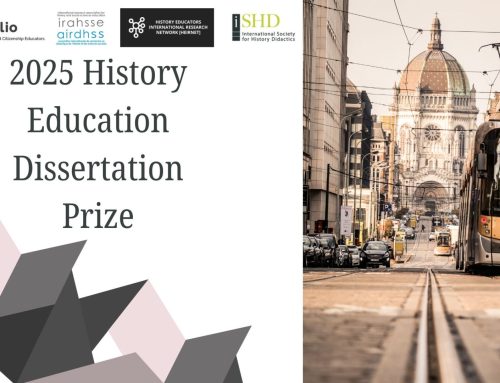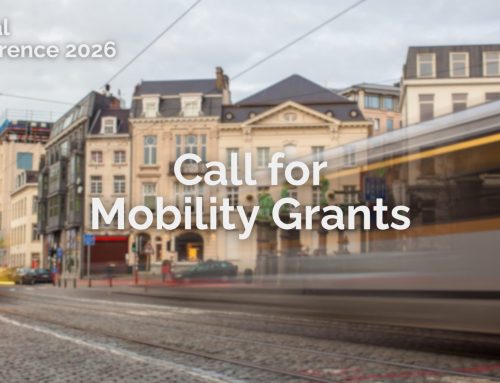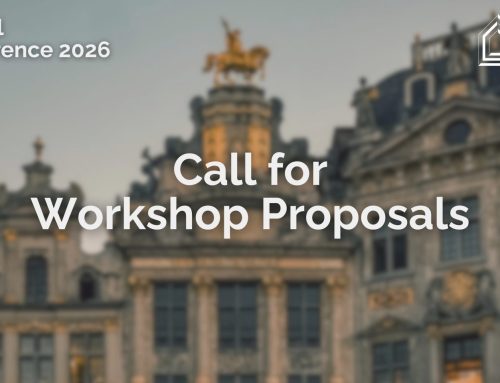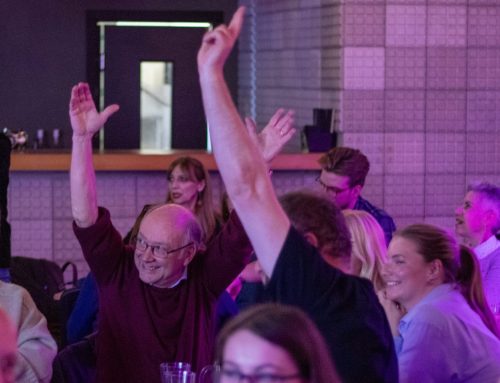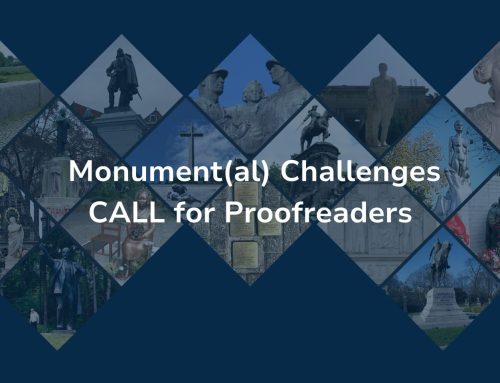On February 24-25, the European Commission’s Radicalisation Awareness Network Education Working Group (RAN EDU) held a meeting to discuss the role of teachers and schools in preventing radicalisation leading to violent extremism (PVE). The two-day meeting included presentations, discussions and several workshops, and was attended by almost 50 teachers and education professionals from across Europe, many of whom were history and citizenship educators. EuroClio Network Coordinator Jaco Stoop was also present at the meetings.
The role of history and citizenship education in preventing radicalisation was widely recognized by the participants. There was a strong sense of urgency, as both right-wing and Islamist extremism are on the rise in many European countries.
During the discussions, some teachers stressed the need for more inclusive curricula, while acknowledging at the same time that teachers are already burdened with too many tasks and responsibilities. Teachers are being perceived as “first responders”, but they are not always well equipped to address the challenges they are presented with. The most important takeaway of the meetings was that European governments should invest more in training of teachers in dealing with subjects such as tolerance and radicalisation, as well as in providing additional professional support for teachers and schools.
The Radicalisation Awareness Network brings together practitioners from around Europe working on the prevention of radicalisation. The working group on Education focuses on the need to better equip teachers so they can play a crucial role in preventing radicalisation. Last year, together with educators from all over Europe, the working group drafted the Manifesto for Education – Empowering educators and schools, which outlines the responsibilities of educators, schools, partners and governments in preventing radicalisation within education. Within the context of Inclusion and Diversity, EuroClio is committed to making history, heritage and citizenship education more inclusive and responsible, so that it can contribute to preventing radicalisation. Specific recommendations regarding history, heritage and citizenship education are included in the Helsingor Declaration, drafted during the EuroClio Annual Conference of 2015 in Denmark.

